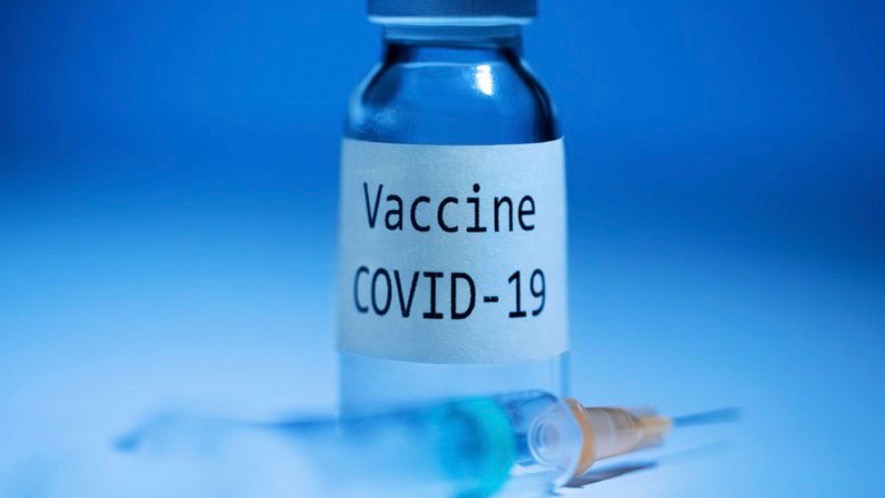COVID-19 cases persist all over the world, causing special concern in regions where vaccination rates are low due to inequities in access to vaccines. As the pandemic continues, analyses of the global response continue to point out the dangers of the predominant multi-stakeholder driven campaigns. One of the latest in line of such analyses is a report published by Transnational Institute and Friends of the Earth International in July. It zooms into how transnational corporations (TNCs) seized the opportunity to gain more power over international institutions and expand markets during the COVID-19 pandemic.
During the launch of the report, Lauren Paremoer from the People’s Health Movement underlined that the capture of the multilateral system by TNCs and private philanthropies was already underway before the pandemic, but the extraordinary circumstances led to an unanticipated expansion. In the report itself, Harris Gleckman, former head of the New York office of the United Nations (UN) Conference on Trade and Development, points to how a pandemic response built on multi-stakeholder initiatives such as the Access to COVID-19 Tools Accelerator (ACT-A) essentially resulted in international reaction driven by TNC interests rather than global solidarity.
As has been demonstrated in previous instances, the report indicates that the COVID-19 pandemic was a source of record profits for major pharmaceutical and biotech producers. More strikingly, it suggests that the inclusion of TNCs in pandemic response mechanisms, in combination with their pursuit of the protection and expansion of markets, resulted in the prioritization of market opportunities over people’s lives.
In addition to problems related to access to COVID-19 vaccines in the Global South, the report highlights examples of inequitable access to COVID-19 tests, personal protective equipment (PPE), and therapeutics – essential products highly inaccessible in developing countries because of the prohibitive prices. Among these products is also medical oxygen, which is needed by approximately 15% of all COVID-19 patients during their treatment, according to non-profit organization PATH.
In low and middle income countries, this translates to around 500,000 people needing one million oxygen cylinders every day, a quantity that exceeds what was defined in contracts signed before the onset of COVID-19. Since the beginning of the pandemic, shortages of oxygen have been recorded in Jordan, Nigeria, Pakistan, and Zimbabwe among other places. And although the shortages presented a direct threat to the health and life of thousands of people in the Global South, some oxygen producers continued to insist on contract clauses which forbid procurement of oxygen from other sources, including local extraction.
Among other things, ACT-A was supposed to look into and address gaps between oxygen supplies and needs through an Emergency Task Force coordinated by Unitaid, an intergovernmental funding body, and the UK-based Wellcome Foundation. But instead of developing approaches that would ensure quick and accessible deployments of additional oxygen supplies where needed, the task force “focused on arranging grants and loans from OECD countries, the World Bank, regional development banks and private foundations to allow local health authorities to purchase additional oxygen.”
According to the report, there is ground for concern that a similar procedure might have arisen where procurement and distribution of PPE through ACT-A is concerned. A strategic plan from October 2021 to October 2022 remains silent on the more practical aspects of PPE delivery to the priority 92 countries. Looking at the experience of oxygen procurement, the report says it is “reasonable to assume that this goal and the related expansion of the market would be met, if it is met at all, by increased debt or grants to developing country institutions.”
As Gleckman pointed out during the launch, it’s a pattern well-known from the process of procurement of COVID-19 vaccines: countries who did not have the resources to afford the high prices set by vaccine producers were forced to take out loans through the World Bank and the International Monetary Fund. This means they will have to allocate even more money for servicing debts instead of strengthening health and social security systems, undermining their capacities to respond to future crises.
Because of the effects of international financial institutions’ loans on the stability of health systems in developing countries, debt and debt-forgiveness should be a major point in the future phases of the COVID-19 discussion, suggested Lauren Paremoer. With this element missing from the conversation, developing countries are looking at the same bleak scenario of no access which they confronted in the case of vaccines.
Read more articles from the latest edition of the People’s Health Dispatch and subscribe to the newsletter here.





